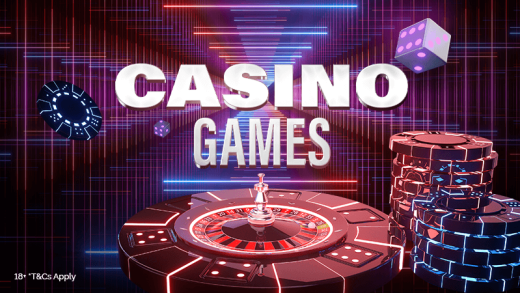Instagram as Identity How Social Media Shapes Who We Are
In today’s digital age, social media platforms like Instagram have become an integral part of our daily lives. From sharing photos and videos to connecting with friends and family, these platforms have transformed the way we interact with others and present ourselves to the world. One of the most fascinating aspects of social media is its ability to shape our identities and influence how we perceive ourselves.
Instagram, in particular, has emerged as a powerful tool for self-expression and identity formation. With over one billion active users worldwide, it has become a platform where individuals can curate their online personas and showcase their best selves. By carefully selecting which photos to post, what filters to use, and how to craft captions, users can create a highly curated version of themselves that may not always reflect reality.
This phenomenon raises important questions about authenticity and self-perception in the digital age. How much of what we see on social media is genuine? And how does this curated version of ourselves impact our real-life identities?
Research has shown that social media can have both positive and negative effects on our self-esteem and mental well-being. On one hand, platforms like private instagram viewer ai allow us to connect with others who share similar interests or experiences, fostering a sense of belonging and community. Seeing posts from friends or influencers who inspire us can also motivate us to pursue our own goals or passions.
However, the pressure to maintain a perfect online image can also lead to feelings of inadequacy or low self-worth. Constantly comparing ourselves to others’ highlight reels can create unrealistic expectations for how we should look or behave, leading to feelings of insecurity or anxiety.
Moreover, studies have found that excessive use of social media can contribute to symptoms of depression or loneliness. The constant need for validation through likes or comments may reinforce unhealthy patterns of seeking external approval rather than cultivating genuine self-acceptance.
Despite these potential pitfalls, there are ways in which we can use Instagram as a tool for positive self-expression and personal growth. By being mindful about what we choose to share online – focusing on authenticity rather than perfection – we can cultivate a more genuine sense of identity that aligns with our values and beliefs.
Ultimately, it’s important to remember that social media is just one aspect of who we are; it does not define our worth or value as individuals. By approaching platforms like Instagram with intentionality and self-awareness, we can harness their potential for connection and creativity while staying true to ourselves offline as well.




